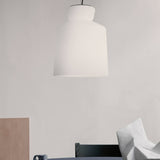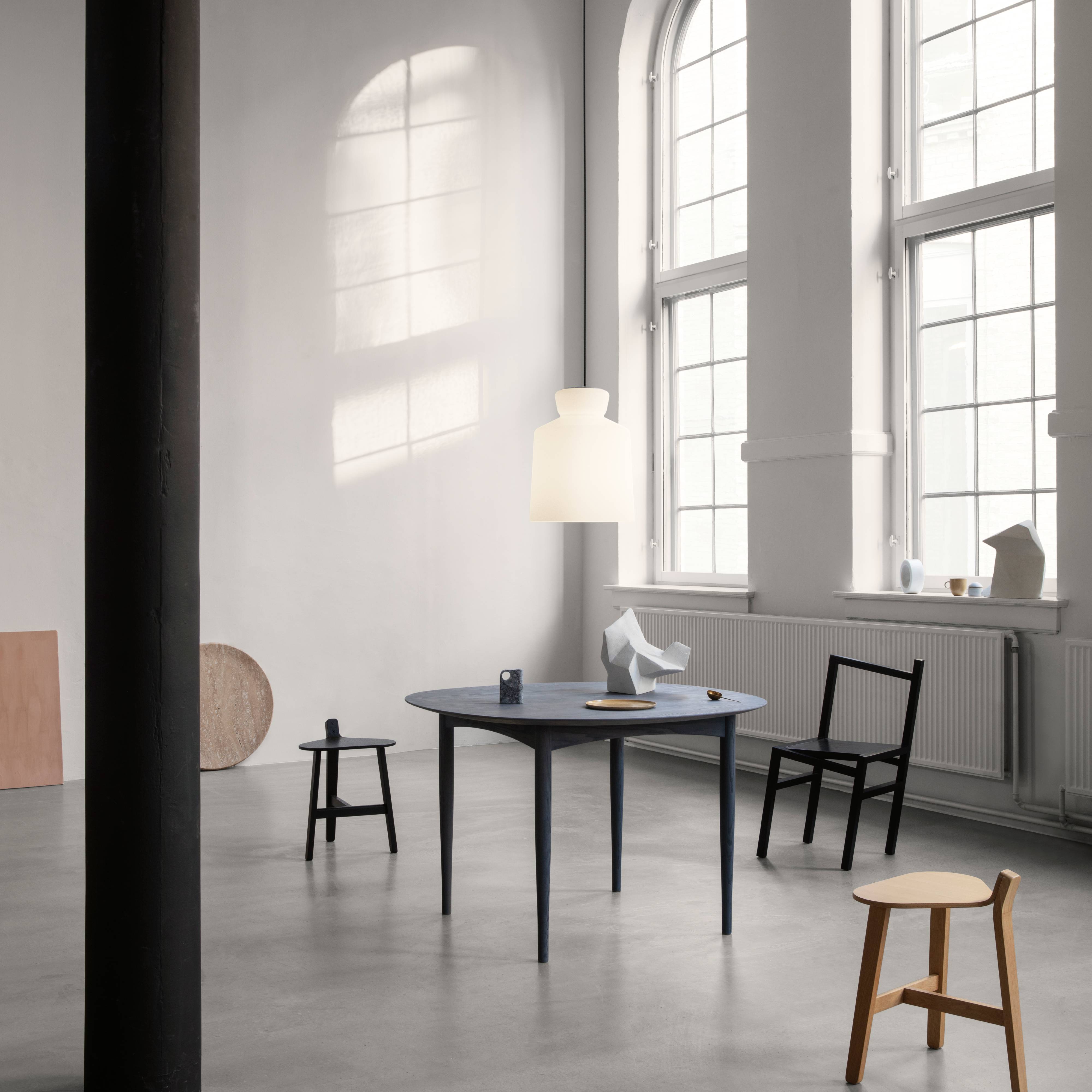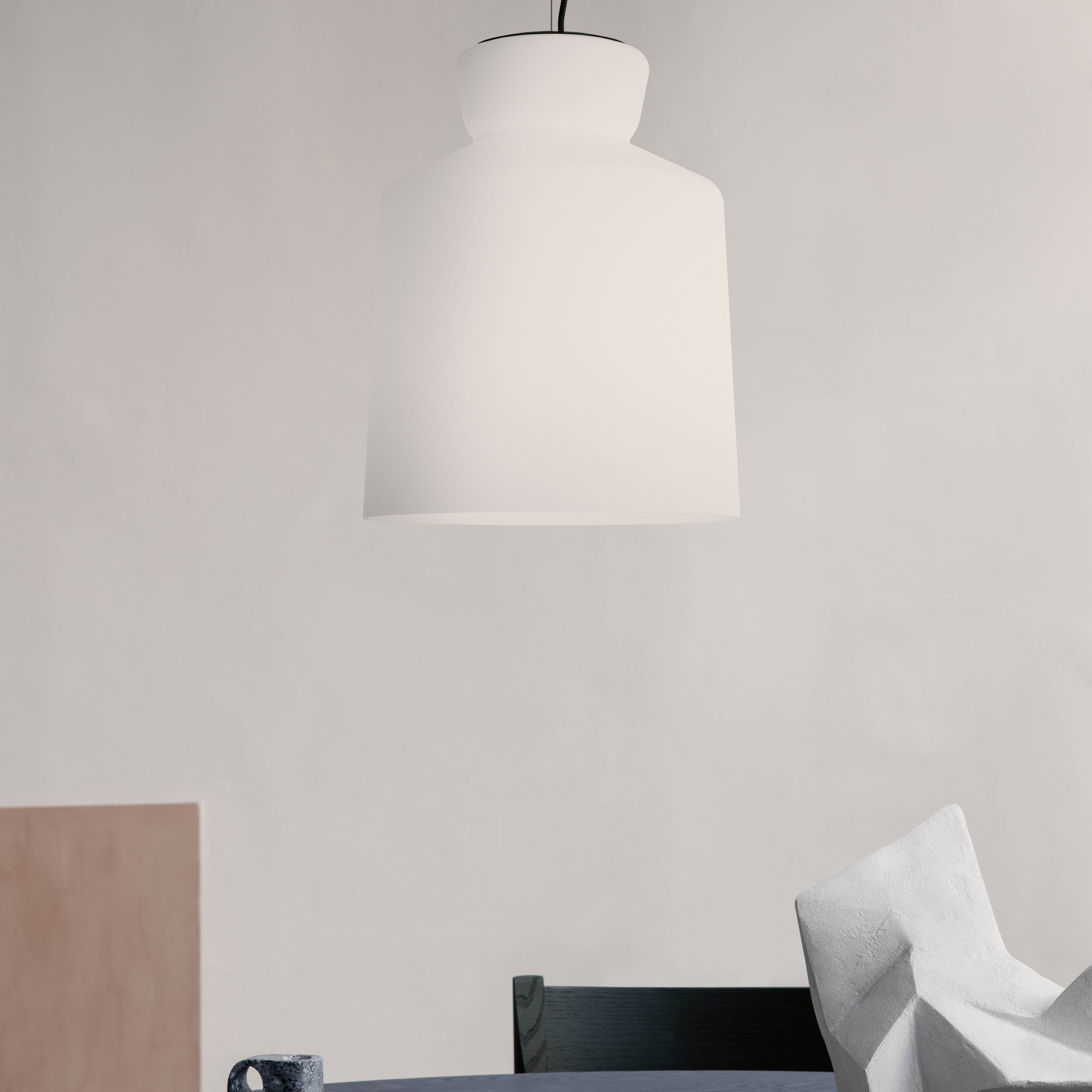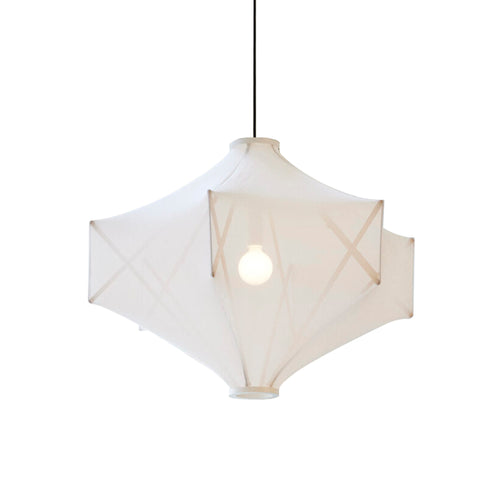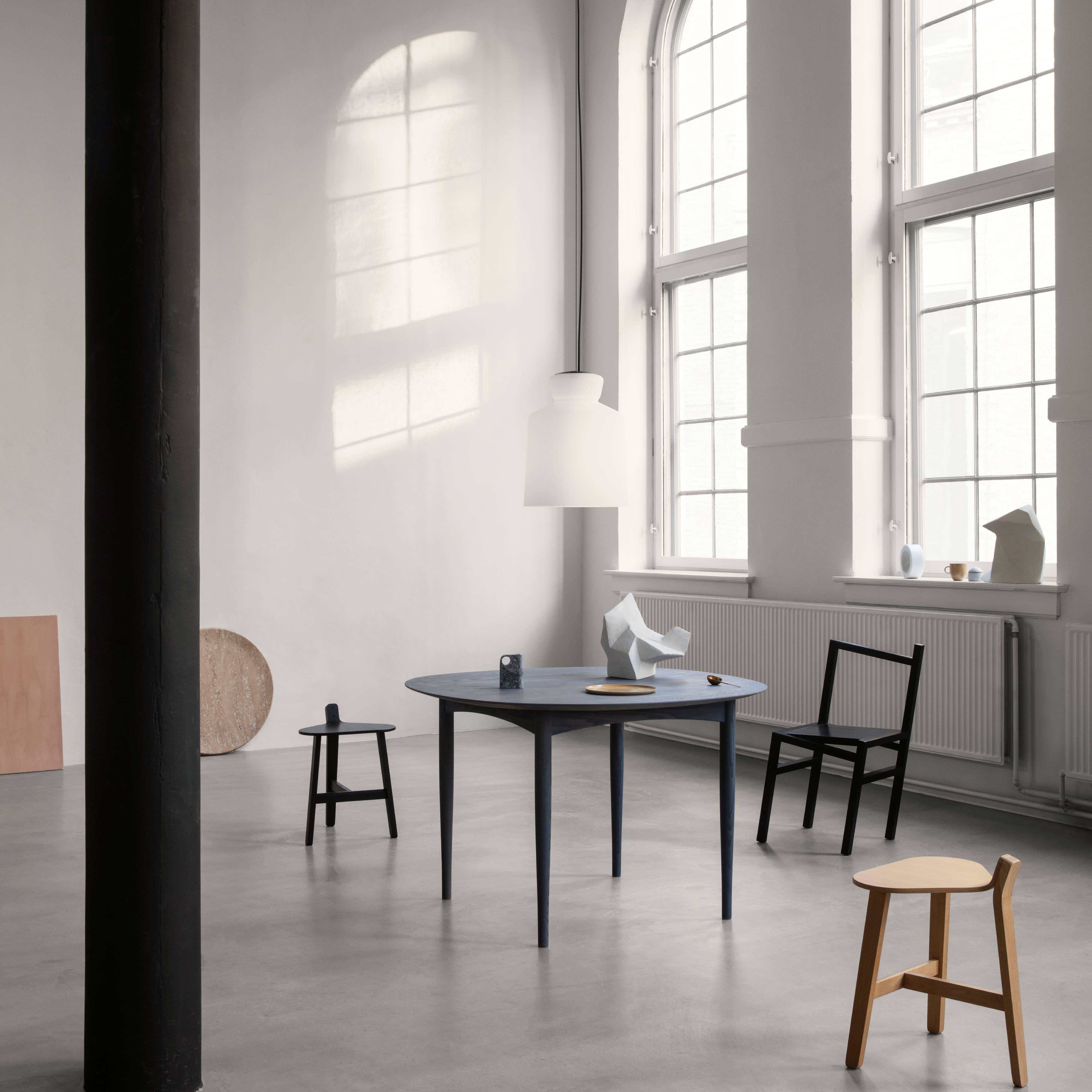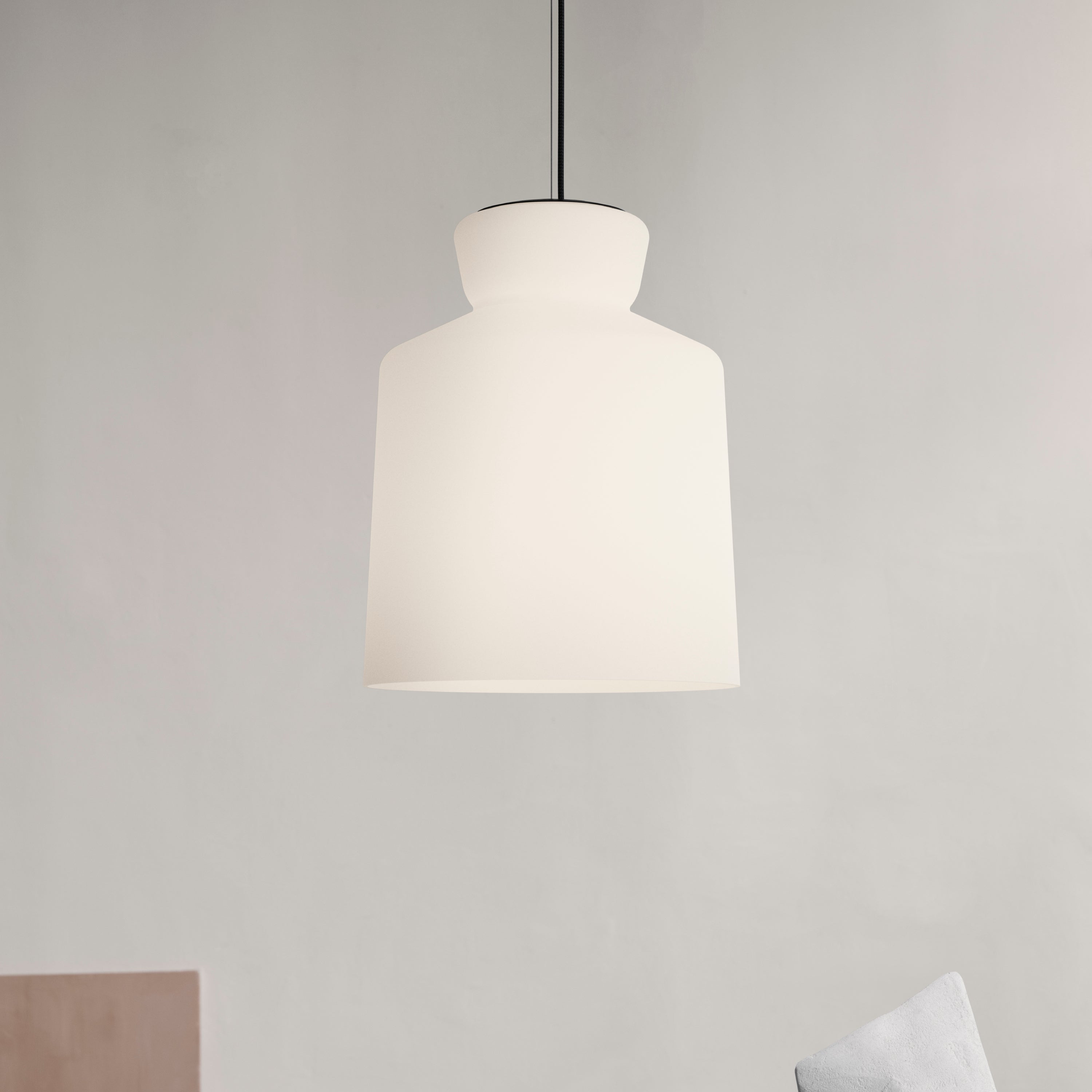

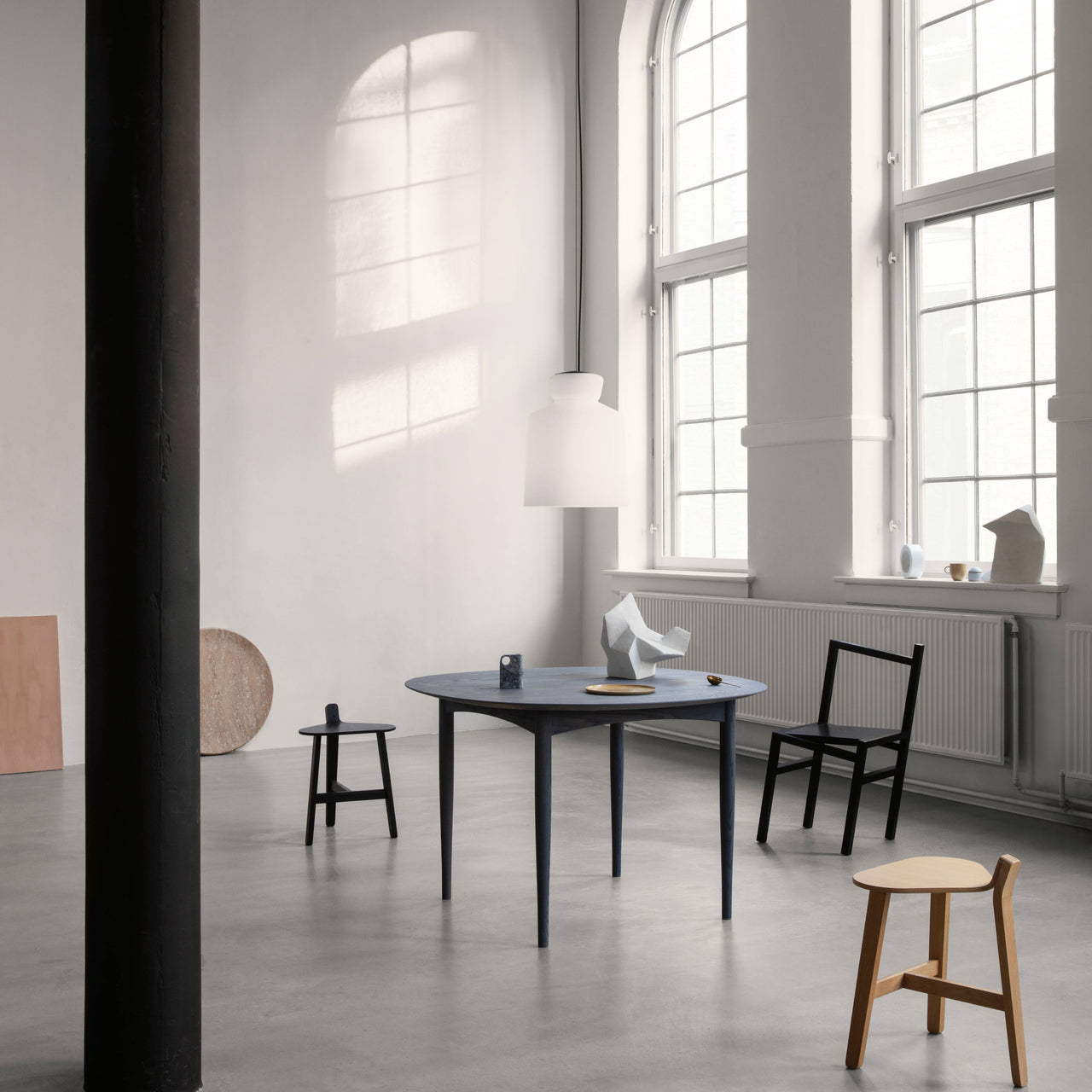
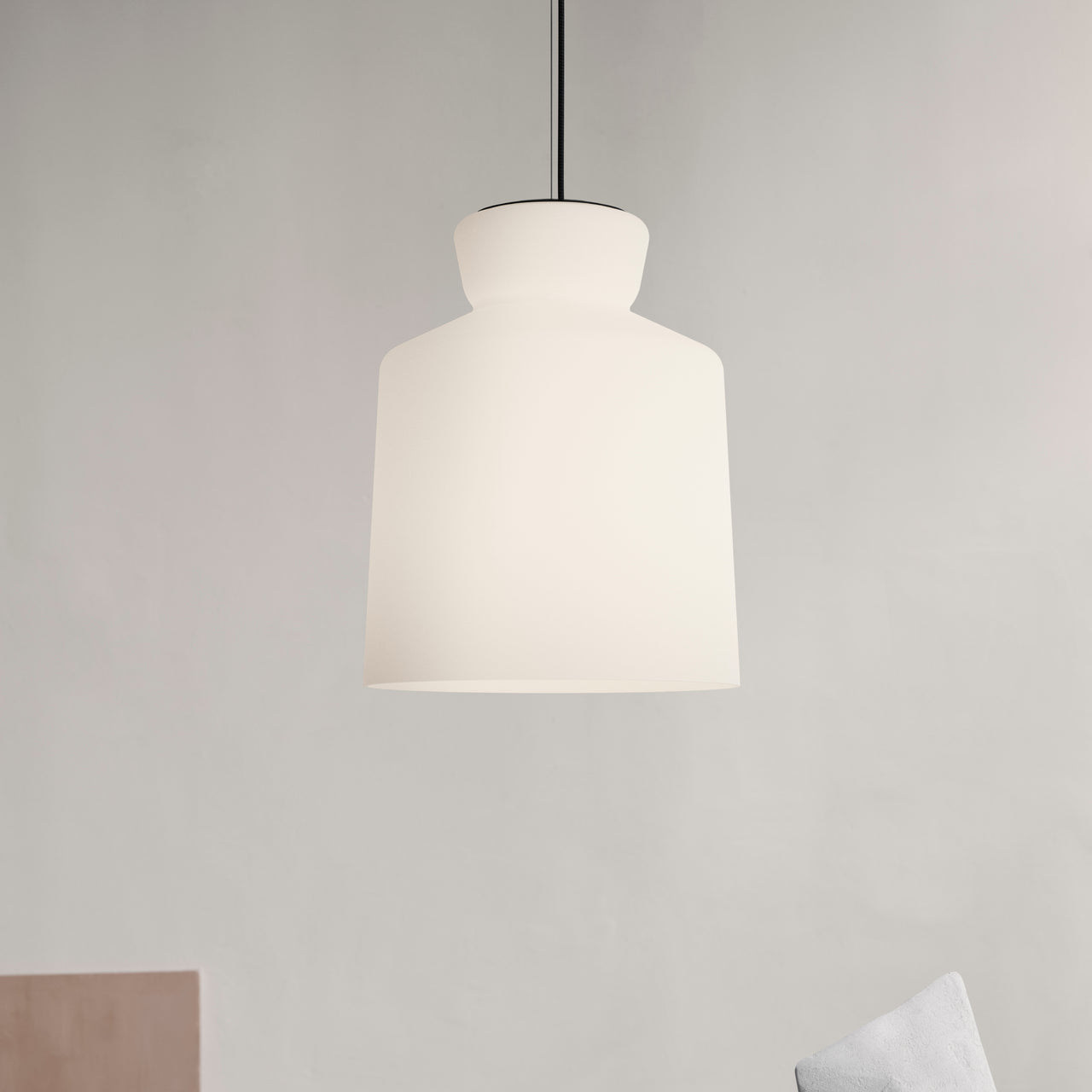
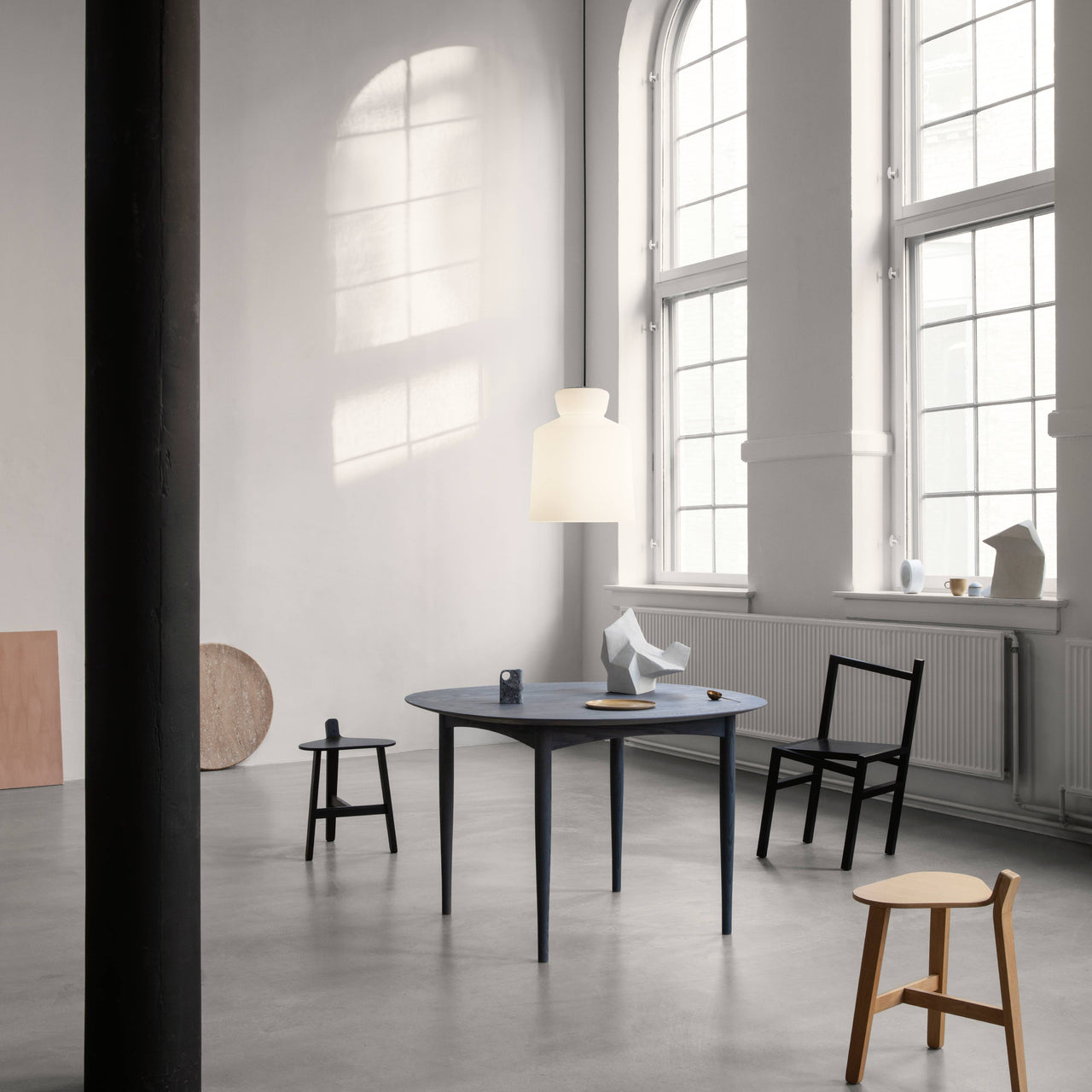
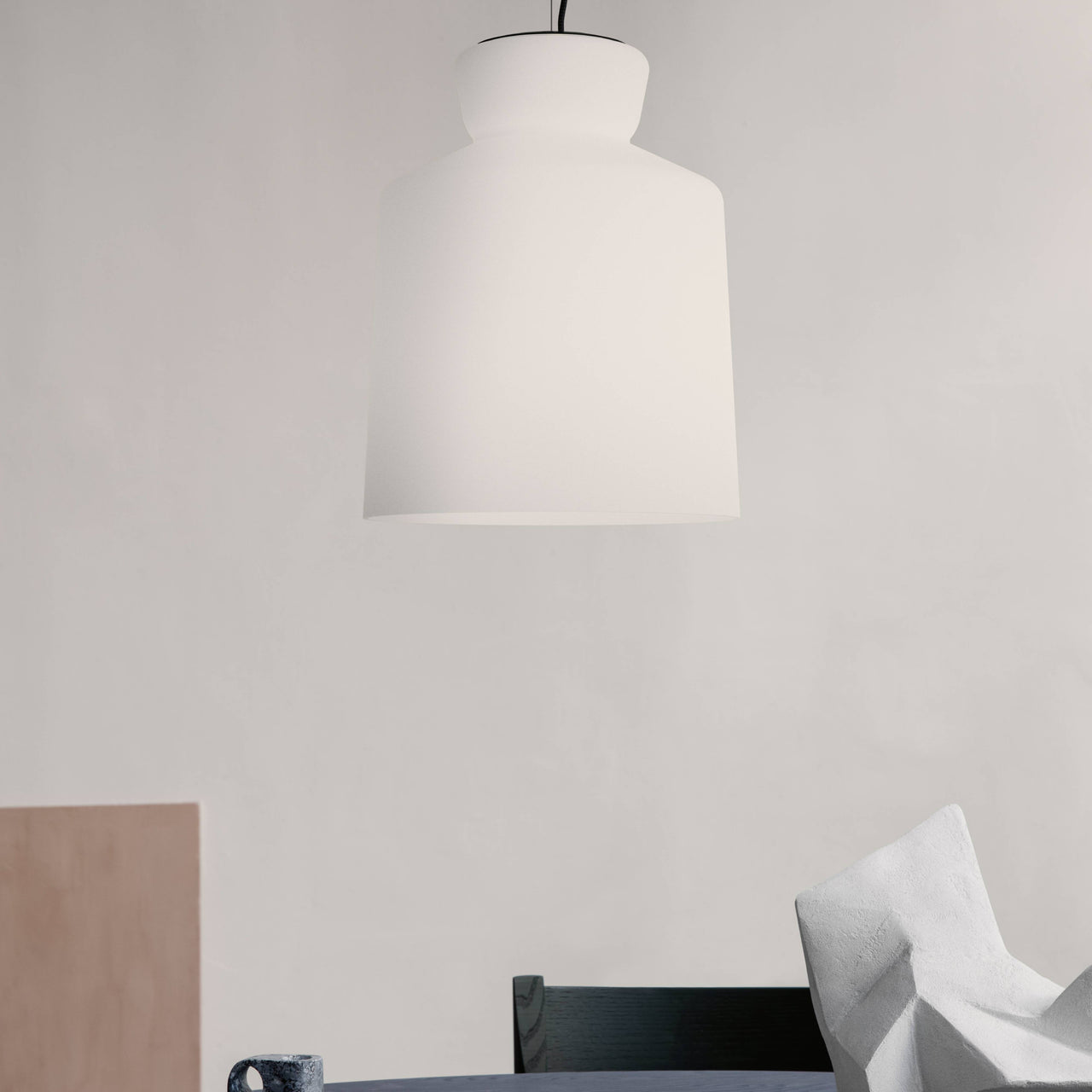
SB Cinquantotto Suspension Lamp
$1,180
–
$1,340
$1,340
SKU: ASTP-T10-S21-00BW
$1,180
SKU: ASTP-T10-S31-S0BW
Description
Handblown with vaunted Italian craftsmanship, Astep reintroduces SB Cinquantotto, a distinctively shaped pendant in opal glass. Designed by the architectural duo Santi Borachia in 1958 (hence its SB appellation), it features an enduring choice of materials and an elegant near-invisible wire suspension with its black cord running alongside. Diffusing the light beautifully, it comes in 2 sizes — the original larger model that is perfect over a dining table and an equally timeless smaller version.
Specifications
Size
- Small
- 10.2" h x 7.9" dia (26x20cm)
- Shade: 7.9" dia (20cm)
- Large
- 16.1" h x 12.6" dia (41x32cm)
- Shade: 12.6" dia (32cm)
- Cable length: 78.7" (200cm)
Material
Opaline glass, steel
Technical
- Contact us for UL details
- E14
Brand
Astep
Astep founder Alessandro Sarfatti is as close to design royalty as one can get. In 1939, his grandfather Gino Sarfatti founded the legendary Italian firm Arteluce, which introduced a notable sense of style to the lighting field. In turn, in 1978, his father Riccardo Sarfatti and his mother Sandra Severi, along with architect Paolo Rizzatto, followed up with Luceplan, exploring new lighting technology and working with specialized craftsmen. Both companies turned out a number of Italian modernist design classics, but Alessandro decided to form Astep in Denmark, telling Domus magazine, “All my roots are in Italy; my friends and my network are here. So, the company has this Scandinavia-Italy spin.”
Alessandro prizes both innovation and the high points of the past, developing new lighting products while retaining the best of the best. His company debuted with reworked versions of the Model 2065 style from his grandfather and the VV Cinquanta series from designer and family friend Vittoriano Viganò. Given today's digital-leaning world, Alessandro says Astep aspires to extend the forward-thinking outlook of his forbears and embrace the quality of life that new technologies offer. “Admiration for the past is a good thing,” he adds, “but, most of all, we want to offer something new.”





